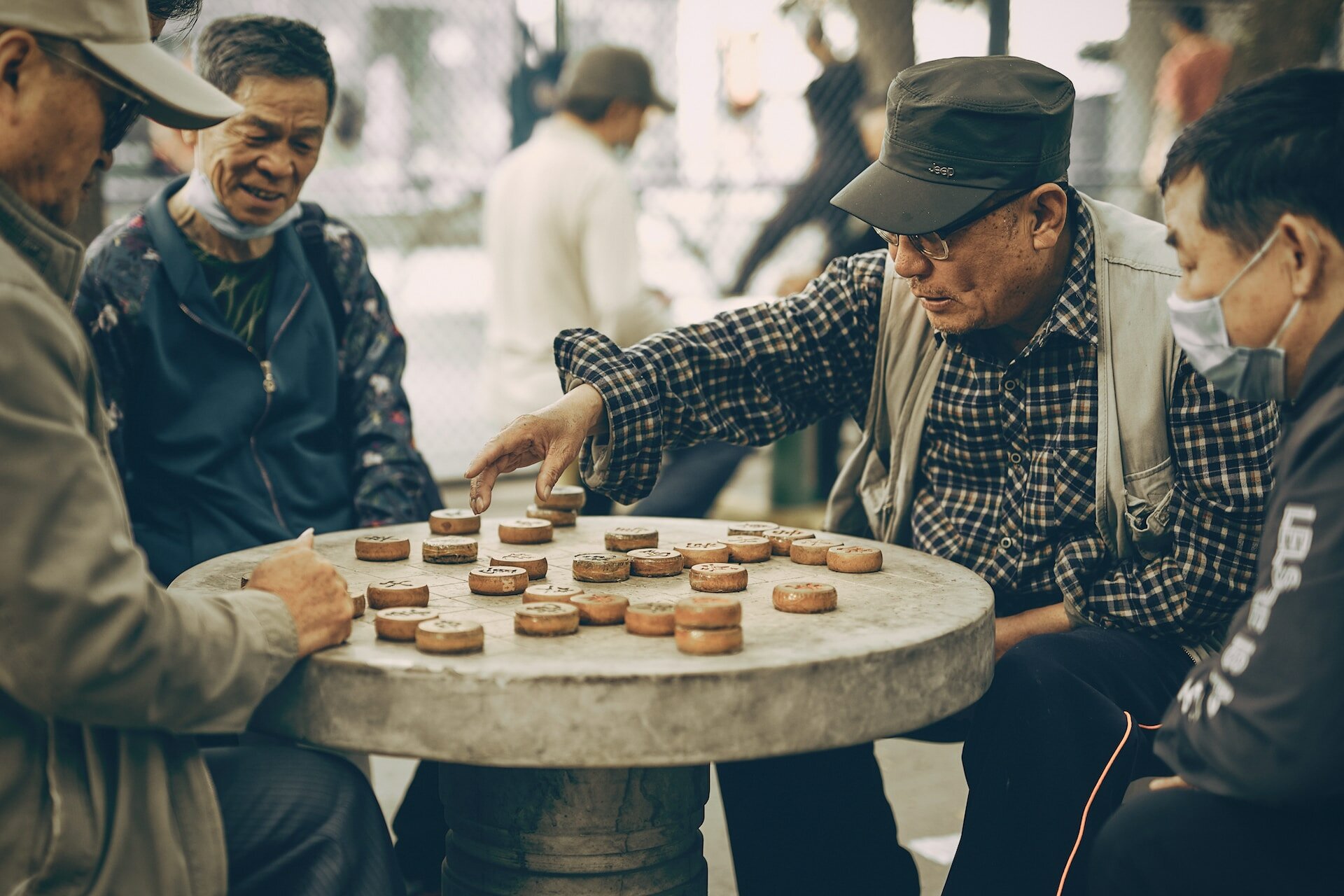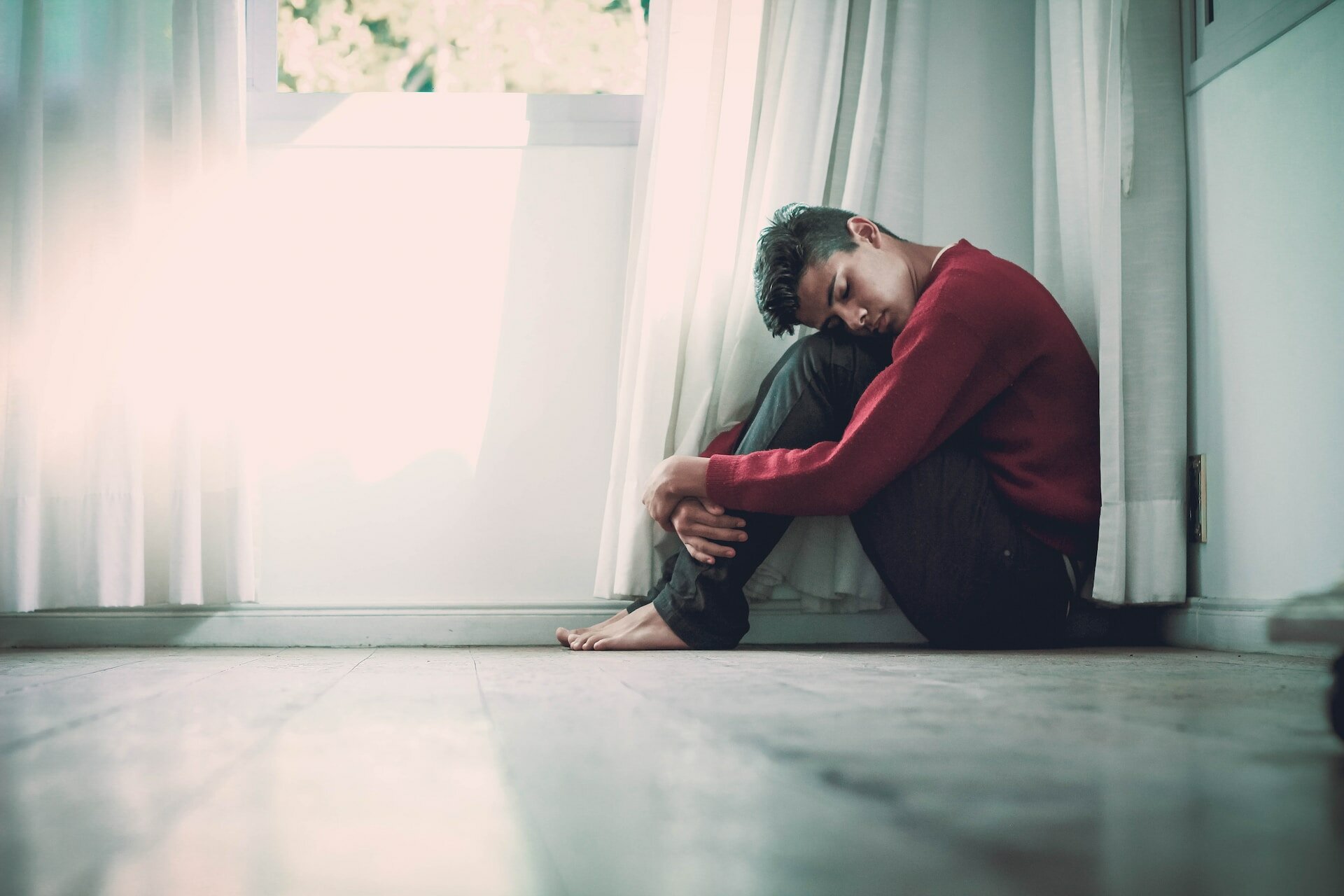Sociologists study how people get along together in groups. They study culture, social institutions and they affect individuals. The sociology of depression encompasses the cultural context in which people live, as well as the social stressors that people encounter as a part of life. The sociological aspects of depression are both influenced by and also influence the other biological and psychological aspects of people's lives.
What is ethnomedicine?
Culture and ethnicity are important aspects of health and illness. A new branch of medicine, known as ethnomedicine, focuses on the role of culture, perception, cultural awareness, and context in shaping someone's physical and mental health.
Previously, it was thought that depression primarily plagued people in developed "Western" nations and that non-Euro-American cultures did not suffer from this disorder. However, ethnomedical studies suggest that this perception may have more to do cultural perceptions of what symptoms become labeled as a depressive disorder, how occurrences of depression are recorded for statistical purposes, and how depression is thought of within particular cultures.
Do all cultures recognize depression as a mental illness?
Not all cultures recognize depression as a mental illness in the way it is characterized in Western medicine. Cultural contexts can greatly influence the understanding and interpretation of symptoms commonly associated with depression. While feelings of sadness, loss, and distress are universally experienced, the expressions of these feelings can vary widely across different cultures. In some cultures, these feelings may not be identified as symptoms of a mental illness, but rather as expected responses to certain life events or hardships. Additionally, some cultures might lack equivalent words or phrases for "depression," making recognition and communication about the condition challenging. It's also crucial to note that cultural norms can influence the willingness of individuals to discuss emotional pain and seek help for it. This does not mean that depression does not exist in these cultures, but rather that it may be understood and expressed differently across cultures.
Therapists are Standing By to Treat Your Depression, Anxiety or Other Mental Health Needs
Explore Your Options Today
Ad
For example, in India, a wide range of distress disorders are categorized as depressive disorders, whereas in Japan, the very idea of mental illness is unacceptable and few people will admit to having it. Obviously, without knowing the full story, someone might conclude that Indian people have very high rates of depression, or conversely, that Japanese people rarely develop this disorder. Even within the United States, prevalence rates (the numbers of people experiencing depression) can be influenced by cultural context factors. For example, black women have lower rates of depression than white women. In addition, recent immigrants to the U.S. tend to have lower rates of depression than their descendants, who are presumably more "Western" in attitudes and behavior.
Ethnomedical research suggests that cultural differences in focusing on oneself and one's place within the social hierarchy are linked to the prevalence of major depression itself. Some of this difference comes from the individualistic vs. collectivistic orientation of a particular culture. In Western cultures, individuals are ideally viewed as independent, autonomous entities striving for individual achievement and success. In contrast, other cultures view the family or society as being of more importance than the individual. Many times, personal happiness is sacrificed for the stability of the group at large in such cultures. Very little thought is given to particular individuals within such cultures. For example, in traditional Asian cultures it is common for one member of the family to work hard and share a paycheck with the entire extended family. Some authors suggest that because people from collectivistic cultures are not encouraged to place much importance on personal gratification, they do not spend time feeling frustrated about their failure to achieve personal success. As a result, the lack of focus on the self can lead to a decrease or absence of the development of depressive disorders.
Our norms about our specific responsibilities and obligations (to our selves, to our family members and others, and to the institutions we live with) are also shaped by our culture. For example, a person who comes from a culture where family obligations are demanding and non-negotiable may feel restricted, powerless, and limited. On the other hand, a person from the same culture may view family obligations as a way to feel needed, useful and competent. As mentioned in our discussion about cognitive theories, feelings and thoughts concerning powerlessness and usefulness shape people's self-concept and mood.

How does culture influence depression?
Culture has a significant influence on how depression manifests, is perceived, and is treated. Cultures vary in their conceptualization of mental health, the symptoms they recognize as signs of depression, and their openness towards discussing feelings of depression. For instance, some cultures might interpret symptoms of depression in a more somatic or physical way, focusing on complaints like fatigue or pain, while others may focus more on the emotional or cognitive symptoms. The fear of stigma can also impact the likelihood of individuals seeking help and how they share their feelings, making diagnosis and treatment more challenging. Furthermore, cultural factors can influence the types of treatment sought, with some cultures relying more on traditional or alternative medicines and practices rather than Western biological psychiatry. Understanding these cultural nuances in treating depression can help healthcare providers tailor treatment to the individual's cultural background, potentially improving outcomes.
Some cultures have rigid gender roles that define expected behavior. Men's lives exist primarily outside the home, while women's roles are specifically in the home. In these cultures, women may not even leave their homes unless escorted by a male family member; conversely, men never enter the kitchen. If someone from this type of culture encounters a social stressor which forces a change in roles or a challenge to the status quo (i.e., the death of a spouse), such stress can cause this person to become depressed. For instance, if a husband (from a culture with rigid gender roles) loses a wife, he will not know how to care for his children's day to day needs such as feeding, bathing, etc. Similarly, if a wife loses her husband, she will not know how to provide financial support for her family (and additionally, may be prevented from even trying). Both individuals may start to think of themselves as worthless or useless if they cannot meet the needs of their children.
Cultural differences in physical symptoms of depression
Cultural identity often influences the degree to which a particular individual shows somatic (physical) symptoms of depression. In other words, some cultures are more comfortable reporting depressive symptoms that are physical in nature rather than mental. For example, research shows that many depressed Chinese people complain of bodily discomfort, feelings of inner pressure, and symptoms of pain, dizziness, and fatigue. Similarly, depressed Japanese individuals often complain of abdominal, headache, and neck pain symptoms. Even within Western countries where depressive disorders are more "acceptable", researchers have theorized that some chronic conditions (chronic pain, fibromyalgia, chronic fatigue syndrome) may be more somatic (physical) forms of a mood disorder than actual physical problems. Some researchers have even suggested that fibromyalgia (a condition characterized by widespread pain, tenderness, and fatigue) should be characterized as a "depression spectrum disorder".
Some cultures may view depressive symptoms as normal emotional responses to particular life events. For example, some cultures may expect the grief and bereavement process to last longer than the culturally-expected time period (about one year) which is acceptable in the West. Individuals from such cultures might find it odd that a Western psychologist would think that 2 years spent mourning for a lost spouse was indicative of a mental health problem.

Cultural differences with mental health professionals
Still other cultures may recognize that depressive symptoms are problematic, but attribute these symptoms to causes that don't make sense to observers or clinicians from other cultures. For instance, patients may reject explanations for symptoms that are commonly acceptable to treating clinicians in favor of explanations that are favored within the patient's culture. For instance, a patient from China seen in the United States might reject the idea that a biochemical imbalance is causing depressive symptoms in favor of an explanation in terms of energy flows or similar concepts drawn from traditional Chinese medicine. Such patients may respond best to mental health professionals or therapists who are able to use culturally-sensitive language to describe the cause of depressive symptoms, anxiety, and related suffering.
Cultural differences in help-seeking behavior may influence the treatment of depression. For example, non-Western individuals frequently use indigenous (from their own culture) practitioners for treatment of "illness" and Western-trained physicians for treating "disease". If emotional disturbances are not considered within the realm of disease, depressed individuals might not readily seek out psychiatric or mental health care for depressive symptoms. Because the public discourse regarding depression is more prevalent in Western societies, it is more socially acceptable to have depression, and more people are willing to seek help. In contrast, mental illness is often more stigmatized in other cultures. As a result, people and their families may deny mental illness out of shame of being identified as "crazy". Others may find the label "depression" morally unacceptable, shameful, and experientially meaningless. Treatment for depression may be actively resisted by someone who comes out of this sort of culture.
Cultures also vary in the degree to which they rely on or incorporate complementary and alternative medicine practices such as herbs, meditation, yoga, or other approaches into their prescribed treatments for depression. Individuals from some traditional cultures may reject Western antidepressant medications while embracing prescriptions for herbs, acupuncture or exercise.
A person's cultural background can also influence their biological makeup. People from different cultures and parts of the world have different patterns of genes and, often, different patterns of disease to which they are vulnerable. Such genetic differences can influence whether people succumb to depression when stressed. Similarly, people's genetic and ethnic background can influence their response to antidepressant medications.
How does society view depression?
Society's view of depression has evolved considerably over time, but unfortunately, there is still a significant stigma associated with mental illness, including depression. While understanding and acceptance of depression as a legitimate and serious health condition have improved, there can still be a lack of empathy and understanding. Some may wrongly perceive those with depression as weak, lazy, or attention-seeking, creating additional barriers for those seeking support. Misunderstandings about the nature of depression can lead to patients feeling isolated, fearing judgment from family members, friends, and colleagues. It can also influence the way in which depression is diagnosed and treated, and can lead to a delay in seeking help from a mental health professional, such as an online therapist. Advocacy, education, and raising awareness can help change these societal perceptions and improve support for individuals suffering from depression.

